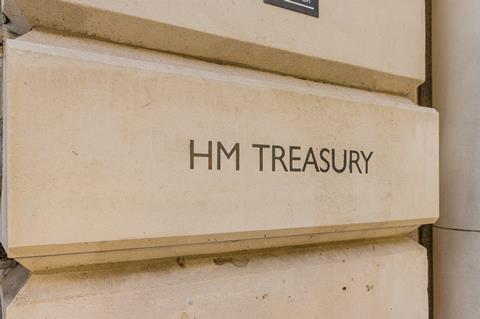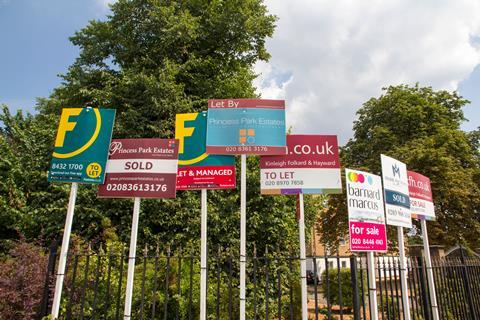Hopes that chancellor Rishi Sunak may put money into affordable housing as Bank of England acts on Covid-19 fears
Housing organisations are hoping for more funding for affordable housing in today’s Budget, the first by new chancellor Rishi Sunak, which is taking place against the backdrop of deepening fears over the economic impact of the coronavirus outbreak.

Sunak said yesterday that the Budget would deliver on the government’s rhetoric around “levelling up” the country, with record investment of £600bn expected on infrastructure over the next decade.
The Budget comes after the Bank of England this morning announced an emergency interest rate cut of 0.5% to boost the economy in advance of an expected economic slowdown due to the Covid-19 virus. The cut took the base rate to 0.25%, although some commentators have suggested that banks may not necessarily pass on the full effects of the cut to homebuyers taking out new loans.
While much of the infrastructure splurge is expected to be spent on transport infrastructure, there are hopes that it new funding for affordable housing will also be part of the spending unveiled.
Last month 27 Conservative MPs wrote to the chancellor calling for more cash for new council homes, while the Conservative party’s 2019 manifesto promised to renew the Affordable Homes Programme, which runs to 2021, to support the delivery of hundreds of thousands of affordable homes. The Guardian this morning reported that the Treasury has been mulling a £3bn boost to the Affordable Homes Programme.
Dave Sheridan, executive chairman at ilke Homes, said a multi-billion pound boost for the Programme would be “a timely, positive intervention that will benefit the whole market”.
RICS has called for more investment in modern methods of construction (MMC) and the reduction of VAT on repair and renovation, and it is also possible the chancellor will give more detail on the government’s First Homes policy, on which it launched a consultation last month.
An expansion of First Homes, sold at a 20% discount, could be used to replace the Help to Buy policy which is due to be cancelled in 2023.
There has also been speculation that the chancellor will announce funding to support people affected by the blight on properties caused by the fall-out from the Grenfell Tower disaster. Many leaseholders are trapped in blocks with unsafe cladding, unable to sell homes or afford improvements.
However, most expectations for significant news on housing investment are modest. Simon Rawlinson, head of strategy at Arcadis, told Housing Today’s sister publication Building that he was not suggesting big changes towards housing in this Budget. “All the heavy lifting in terms of housing is more likely to come later in the November Budget,” he said.

There will also be concern at the extent to which plans for increased capital investment are disrupted by attempts to assuage the impact of the coronavirus outbreak. Measures are likely to dominate coverage of the Budget.
Responding to the unexpected cut in interest rates, Andrew Montlake, managing director of mortgage broker Coreco, said it was “an extraordinary move” which would benefit borrowers on tracker rates but not necessarily new homebuyers.
He said: “Strangely this does not necessarily mean rates will come down as lenders will be pricing in the fact that their own staff levels may be low in the weeks and months ahead and they may not be able to cope with the increased demand.
“Lenders will be in a tailspin this morning as they seek to get their heads around this drastic move from the Bank of England. We are living in truly unprecedented times.”










No comments yet